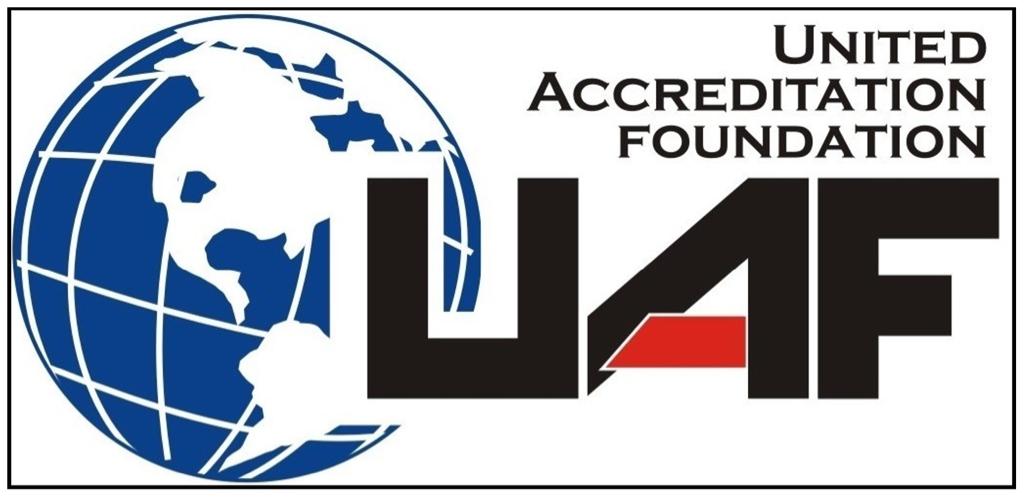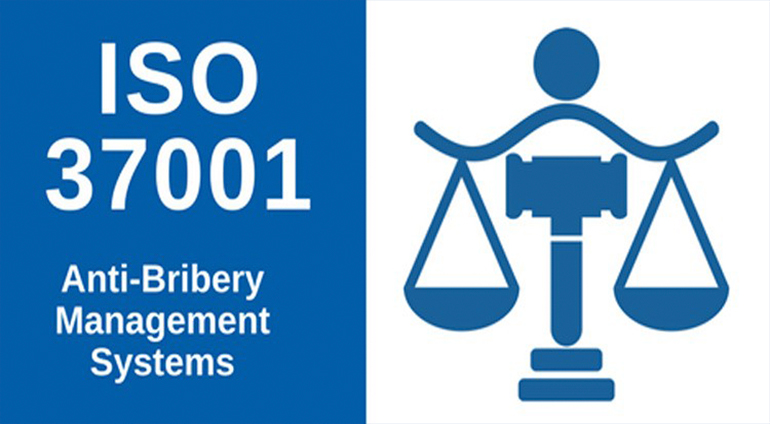ISO 37001:2016(ABMS)
ISO 37001 Certification is designed to help organizations
reduce bribery risk within their own organizations and, through its intended
widespread adoption, to create a common baseline of minimum anti-bribery
efforts that should be taken by organizations. In the age of transparency, no
organization can afford to take the risk of bribery lightly. The standard
provides flexibility in implementing these requirements. It specifically states
that implementation should be “reasonable and proportionate” to the bribery
risk and exposure faced by the implementing organization, including based on
the organization’s size.
Unveiling the Top ISO
37001 Certification Tips from TheHawk Eye in India
In a business landscape marked by increasing scrutiny and
ethical standards, achieving and upholding ISO 37001 Certification in India has become a
vital goal for organizations worldwide. ISO 37001 is the internationally
recognized standard for anti-bribery management systems, offering a
comprehensive framework to prevent, detect, and address bribery effectively. In
this comprehensive guide, we'll explore the most valuable ISO 37001
certification tips, with a special focus on insights from TheHawk Eye, a
renowned entity in India.
Unpacking ISO 37001
Certification in India
A Brief Overview of
ISO 37001
ISO 37001 is designed to help organizations establish, implement,
maintain, review, and improve anti-bribery management systems. By creating a
structured system, it prevents bribery, ensures compliance with anti-bribery
laws, and elevates an organization's reputation. ISO 37001 certification in India outlines measures and controls
required to thwart bribery and corruption effectively.
The Significance of
ISO 37001
In the global business environment, ISO 37001 certification
plays a pivotal role. It serves as a trust-building tool, showcasing an
organization's dedication to ethical practices. In an era marked by ethical
complexities, ISO 37001 is the beacon of transparency and anti-bribery
commitment.
ISO 37001
Certification Tips for India
Attaining ISO 37001
certification in India is a worthy pursuit, though it can be complex. The
following tips, which draw from TheHawk Eye's expertise, are essential for a successful
certification journey:
1. Commit
Wholeheartedly
Initiating the ISO 37001 journey starts with a firm
commitment to anti-bribery practices. This commitment should stem from the top
management and resonate across the entire organization.
2. Conduct a
Comprehensive Risk Assessment
Identify bribery risks unique to your Indian operations and
industry. A meticulous risk assessment pinpoints vulnerabilities, potential
corruption hotspots, and areas necessitating immediate attention.
3. Develop Clear
Policies and Procedures
Establish anti-bribery policies and procedures that adhere to ISO 37001 standards. These should encompass a range of aspects, from gift and entertainment policies to vendor due diligence and reporting mechanisms.
4. Nurture an Anti-Bribery Culture
Organizational culture plays a critical role in the prevention of bribery. Train employees, suppliers, and partners on anti-bribery measures and ethics. Foster a culture of openness and reporting.
5. Implement Stringent Due Diligence Practices
Adopt rigorous due diligence practices, especially when dealing with third parties, such as suppliers, agents, and intermediaries. Ensure your partners are aligned with ethical standards.
6. Institute Effective Controls
Implement internal controls to monitor and assess bribery risks. Periodically review and enhance these controls to stay compliant with ISO 37001.
7. Thorough Documentation and Record-Keeping
Comprehensive documentation of all anti-bribery measures, actions, and compliance is imperative. Maintain records that testify to your commitment to preventing bribery.
8. Regular Internal Audits
Consistently audit and evaluate your anti-bribery management system to identify areas that require enhancement and ensure compliance with ISO 37001 standards.
9. Engage Accredited Certification Bodies
Collaborate with accredited certification bodies to assess your anti-bribery management system. Their impartial evaluation and expertise are invaluable for ISO 37001 certification.
10. Sustained Improvement
Remember that ISO 37001 is not a one-time achievement but an ongoing commitment. Continuously scrutinize your anti-bribery measures and strive for improvement.
The Benefits of ISO
37001 Certification in India
The advantages of ISO 37001 certification extend to organizations
operating in India:
Enhanced Reputation:
Certification demonstrates a commitment to ethical practices, significantly
enhancing an organization's reputation.
Legal and Regulatory Compliance: ISO 37001 ensures adherence
to anti-bribery laws and regulations in India and globally, reducing legal
risks.
Trust Building:
Gaining trust with customers, partners, and stakeholders is essential in the
contemporary business world. ISO 37001 fosters this trust.
Risk Mitigation:
A systematic approach to preventing bribery in ISO 37001 minimizes bribery
risks and vulnerabilities.
Competitive Edge:
ISO 37001 certification can provide organizations a competitive advantage in
the Indian market, where integrity and ethics are increasingly valued.
Operational
Efficiency: The anti-bribery management system outlined in ISO 37001
streamlines processes, improving operational efficiency.
Conclusion
ISO 37001 certification is more than a certificate on the
wall; it's a commitment to ethical business practices. To achieve and maintain ISO 37001 certification in India
requires dedication, diligence, and a strong anti-bribery culture within your
organization. However, the benefits, including enhanced reputation, legal
compliance, and a competitive edge, make it a valuable endeavor. By following
these tips and taking the necessary steps, you pave the way for ethical and
successful business operations in India. TheHawk Eye, with its commitment to
ethical standards, exemplifies the spirit of ISO 37001 in India.





